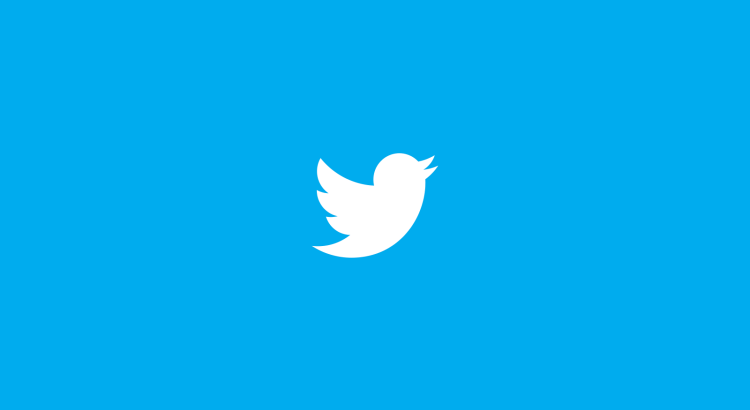
Photo Credit: Google Images
Elon Musk’s much-ballyhooed bid to acquire Twitter has galvanized the nation for almost six months now. His high-profile bid has raised questions about free speech in this nation, the role of social media in society, the fairness of different social media algorithms, and the various ways that social media can influence the modern world. It’s head-spinning stuff, and even the Brookings Institution has weighed in on the matter, suggesting a number of ways to fix Twitter.
What is the real problem?
In order to present a workable solution, you first have to be able to define the problem, and here’s where the difficulties start. Even the Brookings researchers seemed to have a hard time deciding where to start. While Elon Musk claims that the problem is a lack of free speech, the researchers claim that the problem is simply “misaligned recommendation systems.” In other words, the algorithm is broken, now go fix it.
Where else have we heard this story, though? Any time Facebook, Instagram, Twitter or Snapchat has a problem, they always blame the algorithm. It’s never “their” fault. All it takes is a little tweak of the algorithm, and everything will be OK. Too much explosively-charged political content on the platform? OK, let’s just pull a few levers and turn a few dials, and we’ll get the algorithm back on track…
Of course, the Brookings researchers are a bit more nuanced than this. In fact, they are so nuanced that you might not realize what they are trying to sell you. They use terms like “negative externalities” (bad things that happen to society) and “positive externalities” (good things that happen to society); they invoke the legendary journalists of a past era (who were always good, wise and just); and seem to believe that the problem just comes down to getting humans more involved in social media, while getting bots less involved.
Maybe AI has a hard time social
The real problem might be that we are placing way too much trust in artificial intelligence (AI) these days. Most people have no idea how AI works, how it generates results, or what types of assumptions it uses to come to its conclusions. It is essentially a “black box” and nobody knows what happens inside anymore.
Yes, there are a number of knobs, dials and levers that we can use. We can, for example, tell the AI-powered algorithm to tone down the “maximize engagement” variable. This would, in theory, make it less likely to receive highly-polarizing content in our news feeds.
But it is also entirely possible that we can never fully teach an AI (no matter how super-intelligent it becomes) how to think, act and respond like a human. You see, AI is very good at following the rules. But it has no idea how to stop following the rules. Watch any good dystopian movie about AI, and you get a good idea of what this means. If told to “maximize engagement,” AI bots will do so with no real thought of what it means for society.
Elon Musk to save social media?
For that reason, Elon Musk is a wonderful choice of someone who should be leading Twitter. He understands AI. He has warned against the proliferation of bots online. Not only is he a champion of free speech, but he is also a leading voice on the dangers of the AI revolution. If there is anyone who can fix social media, it is Elon Musk.